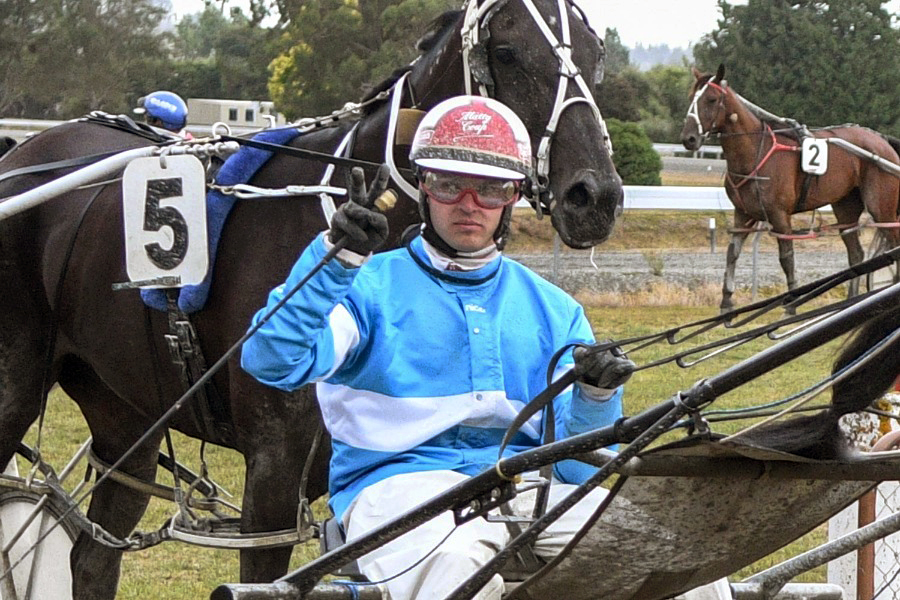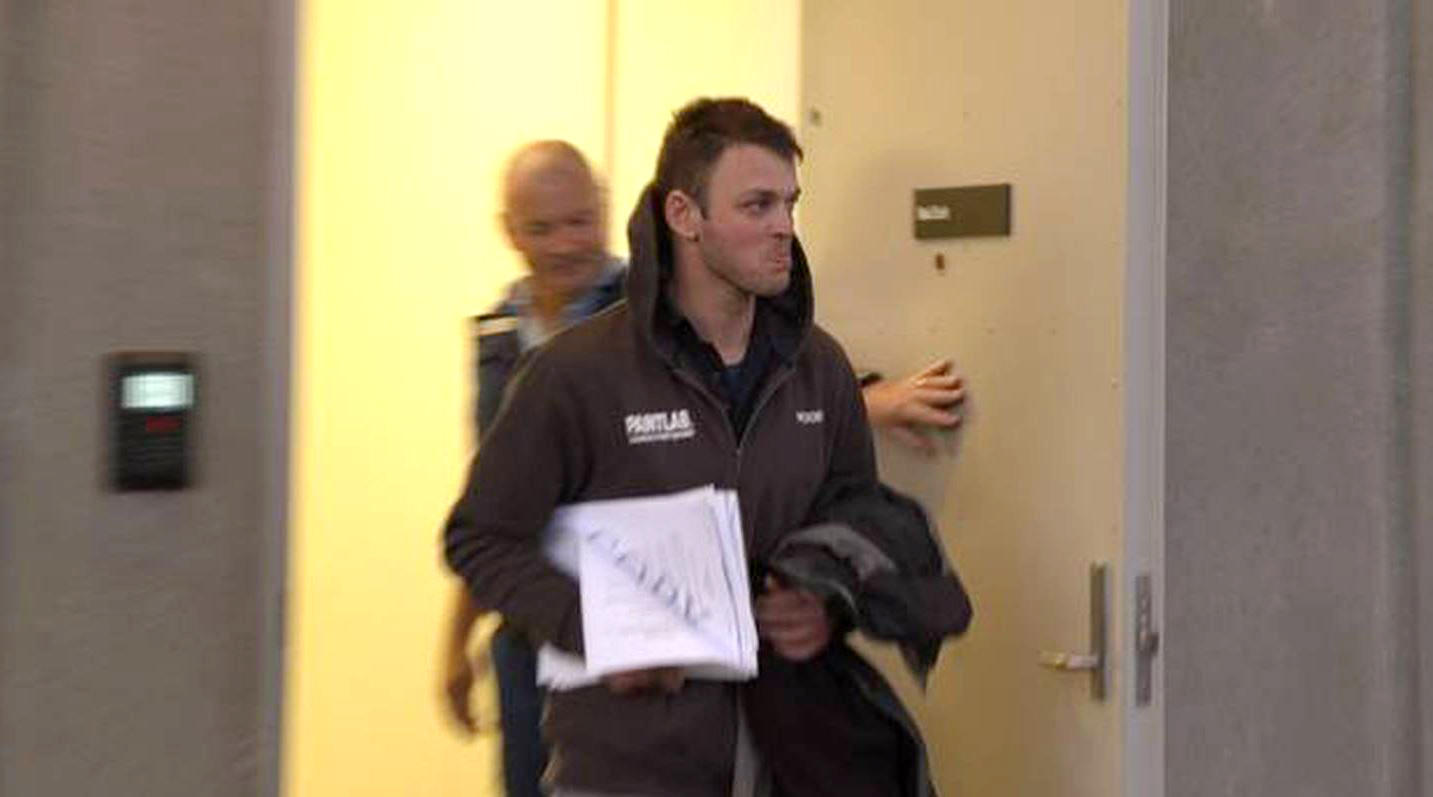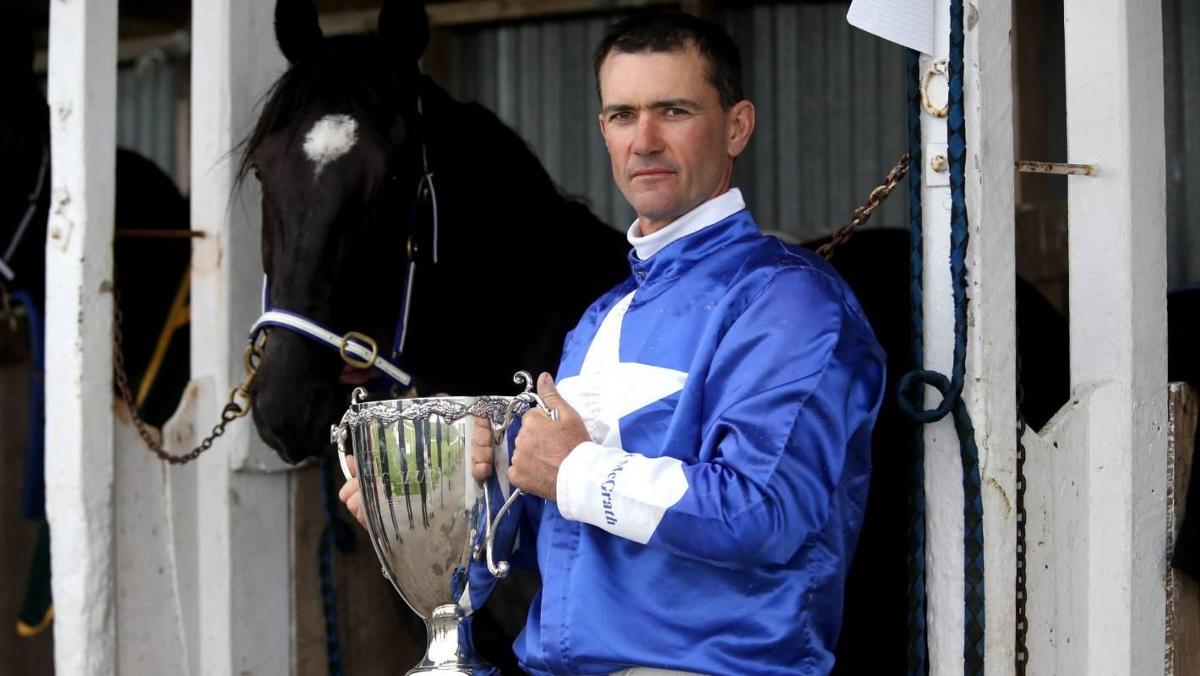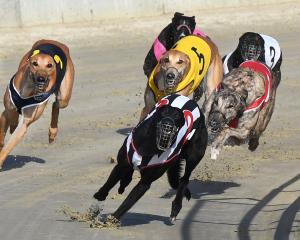
Canterbury-based trainer and driver Matthew Jason Anderson, 27, has been disqualified by the statutory racing body, Judicial Control Authority, after a hearing last month.
The JCA released its decision yesterday.
Anderson was charged with supplying two “prominent harness reinsmen” with Class B drug ecstasy and refusing to provide investigators from the Racing Integrity Unit with information about his supply and possession of a prohibited substance.
The names of the two drivers are suppressed because of ongoing criminal court proceedings.
Anderson was arrested by police in 2018 during Operation Inca, an undercover operation into race-fixing and drug-related matters within the harness racing industry.
He pleaded guilty to three charges relating to the possession and supply of ecstasy in the district court in December the following year. Judge Raoul Neave discharged Anderson without conviction.
Anderson was then charged by the RIU which led to his JCA appearance and ban.
He denied both charges at the JCA hearing.

The RIU is seeking the evidence so it can determine whether to prosecute individuals facing a number of criminal charges. They would then go before the JCA and potentially face bans.
Widespread court suppression orders on the evidence are in place.
The Anderson disqualification also comes only a week after prominent Canterbury trainer and driver Nigel McGrath was banned for eight years after pleading guilty to three serious racing offences. They were unrelated to Anderson’s offending.

The charges arose after the RIU raided McGrath’s West Melton property in March, hours before two of his horses - Steel The Show and Could Nine - were due to race at Addington.
The charges for Anderson arose after the RIU was supplied with the summary of facts presented to the district court and the probation report that had been prepared by the Department of Corrections for his sentencing.
This springboarded an investigation from the RIU into Anderson, which found he had supplied ecstasy to the two suppressed individuals the day after they had raced in a meeting in Winton and the day before they were set to race in Waimate.
Counsel for Anderson, Allister Davis highlighted there was no evidence the individuals supplied with the drugs had actually ingested it.
The JCA ruled while there was no definitive proof the drugs were taken, Anderson still gave rise to a situation which could have led to the drivers being impaired or compromised when driving in Waimate less than 24 hours after the deal took place.
Anderson was also interviewed by the RIU in January.

Mr Davis said during the interview if Anderson answered the questions he would be in breach of the suppression order.
Transcripts of the interview show Anderson even avoid answering questions about his own drug use.
Mr Grimstone asks him: “In your probation report it talks about you using Ecstasy whilst trying to obtain the junior apprentice of the year on a number of occasions. Is that correct?”
To which Anderson responds: “No comment”.
Mr Grimstone continues: “And that you’d obtained your MDMA through an associate and that it was the only way you would be able to function at the time and create some form of normality, is that correct?”
Mr Anderson again responds with “no comment.”
Mr Irving continues to probe: “If I was to direct you to submit to a drug test, how would you go?”
Anderson replies with “pass” and gives the same answer when asked how he would fair if he was to submit a hair sample that could date back to a year.
The interview was terminated after Mr Grimstone conceded he and Mr Irving were “getting nowhere.”
The JCA stated in its ruling answering the questions posed during the interview would not have been in breach of the suppression order put in place.
“The answering of questions by Mr Anderson to the RIU investigators would not have resulted in inappropriate information reaching the public arena. The information would have remained within the domestic disciplinary investigation of the RIU and would not have prejudiced the fair trial process,” the JCA stated.
Anderson did not return calls from Star News yesterday.













